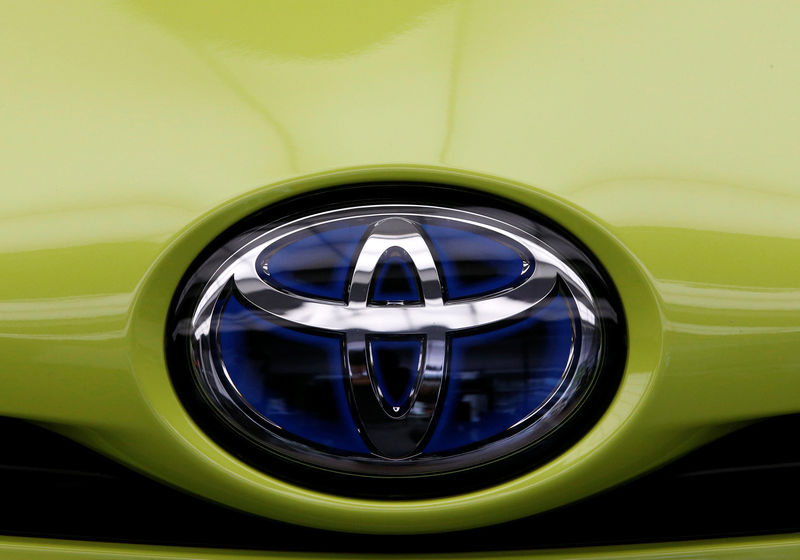TOKYO (Reuters) - Toyota Motor Corp said it aims to develop a more advanced electric-car battery "in a few years" that will allow the Japanese automaker to build vehicles with up to 15 percent greater range and battery life than they have currently.
“Lithium-ion battery is a key technology for electrifying cars, and there is a clear need, going forward, for improving this technology and its performance even more,” Hisao Yamashige, a battery technology researcher at Toyota, told a media briefing in Tokyo on Thursday.
Improving the performance of lithium-ion battery technology is a pressing issue for traditional automakers such as Toyota and new entrants such as Tesla Motors Inc (NASDAQ:TSLA) because of its limiting characteristics.
Producers of all-electric battery cars, plug-in electric hybrids, as well as conventional gas-electric hybrids are all striving to source or develop more advanced battery technologies to improve range, battery life and safety.
Toyota, Japan’s biggest automaker by volume, has pioneered gasoline-electric hybrid technology and is gearing up to launch a new, near-all-electric plug-in hybrid called the Prius Prime. It is also aiming to come up with an all-electric battery car by about 2020.
Using techniques developed in collaboration with a Japanese publicly-financed laboratory and four universities in Japan, Toyota engineers were able to better see in "real time" how lithium ions moved inside electrodes, Yamashige said.

This should lead to new designs that prevent lithium ions from moving unevenly and bunching up in the electrodes, something that currently limits battery life and vehicle range and can be a factor in causing overheating, he said.